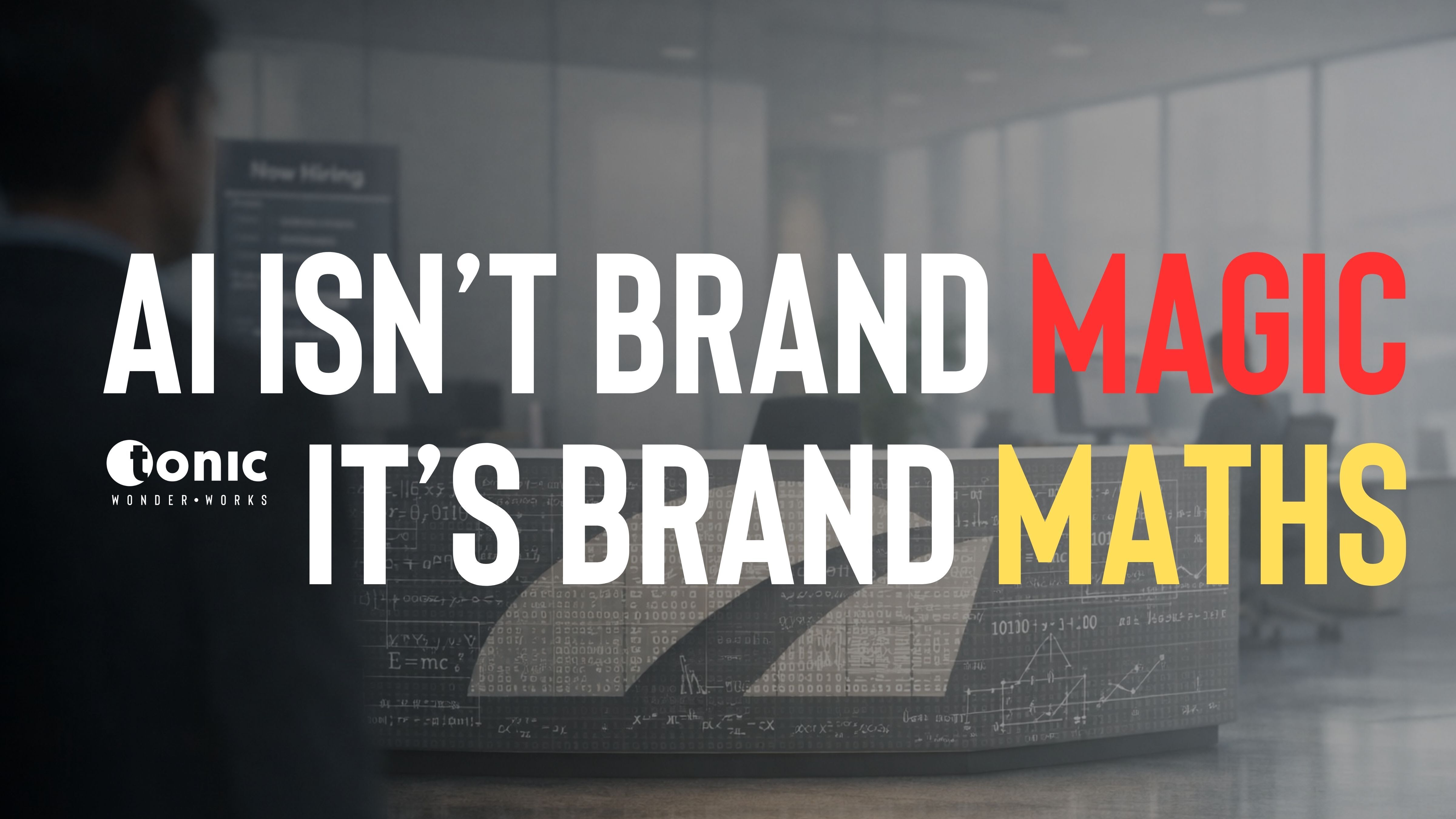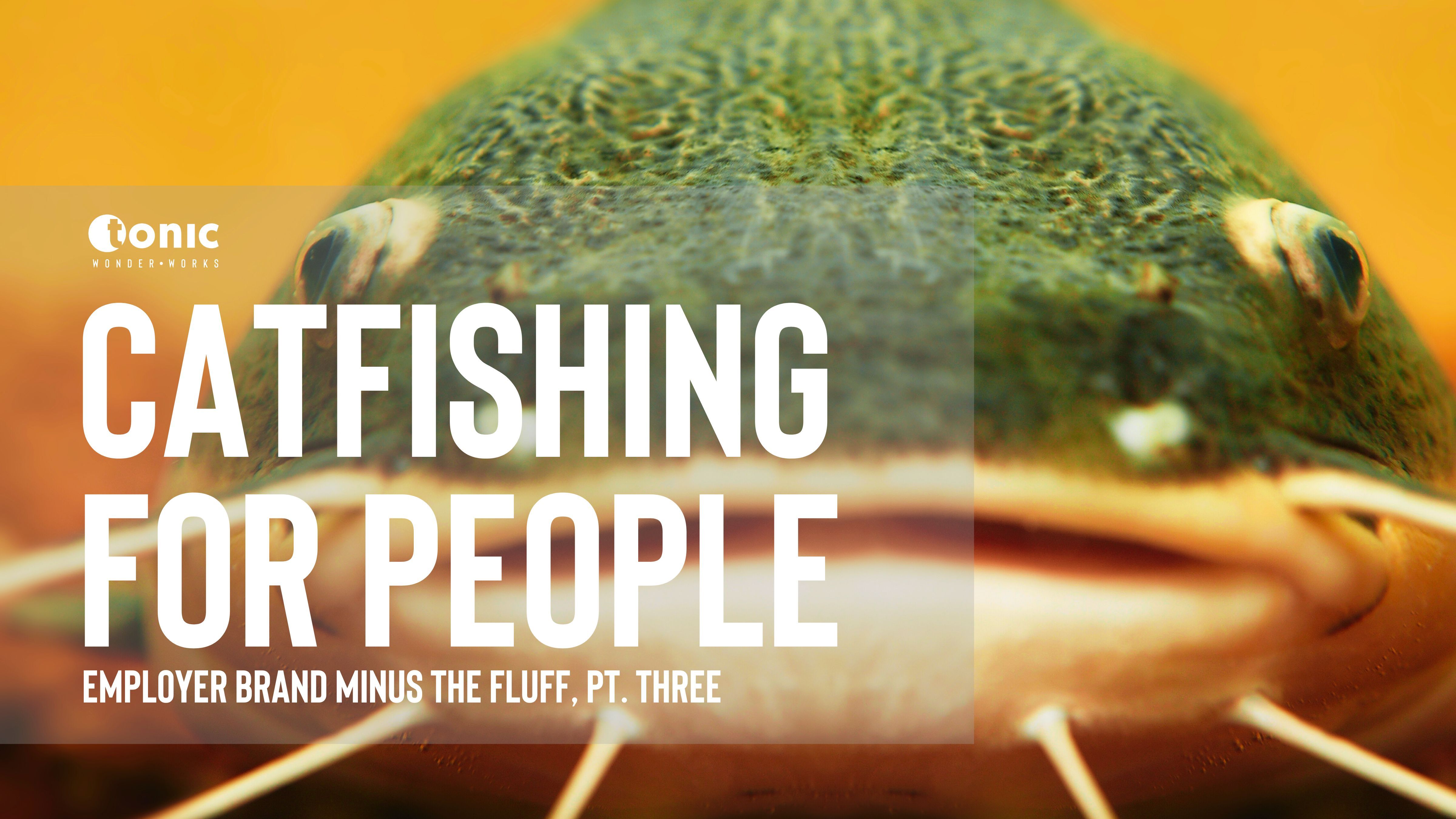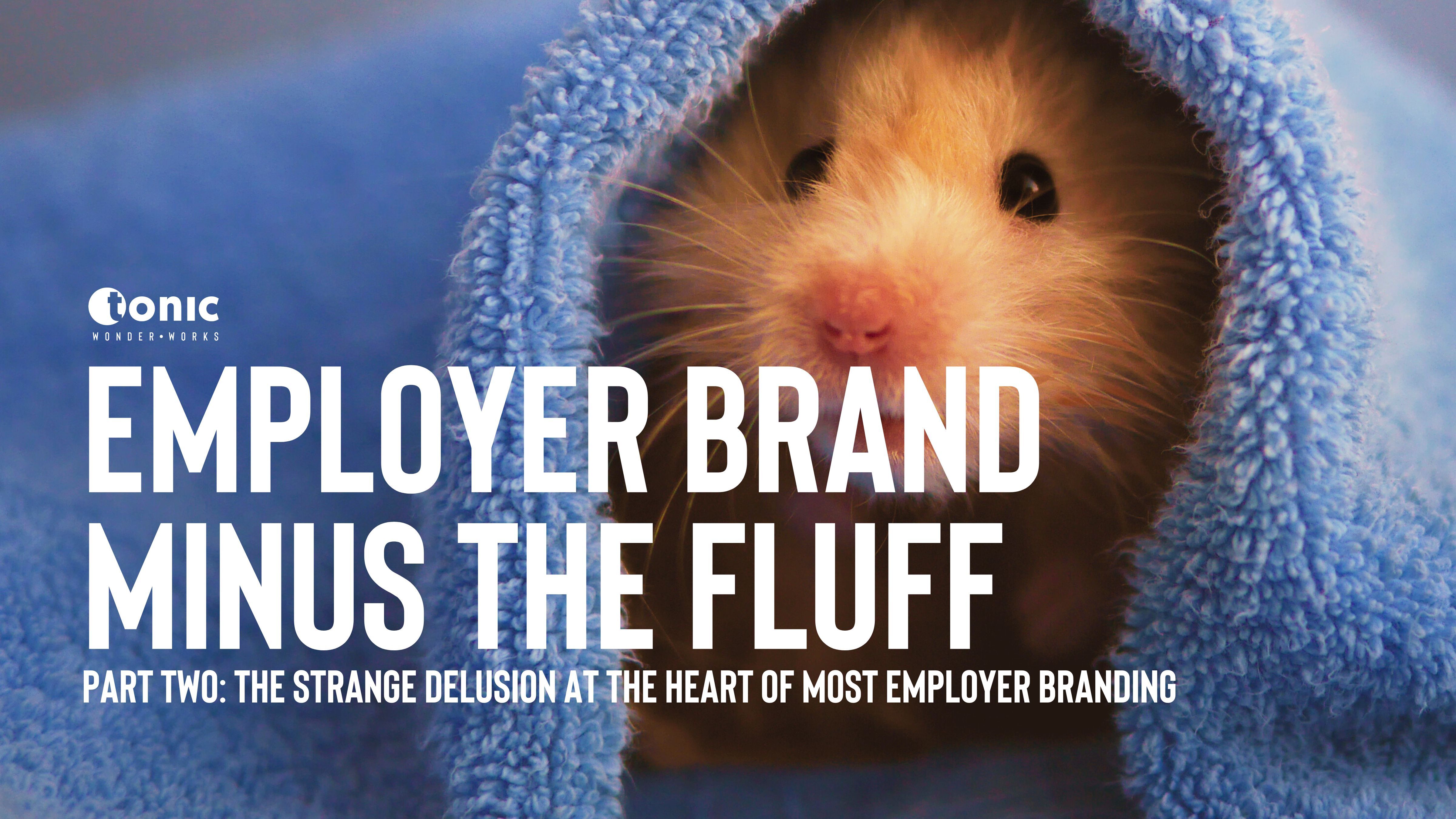
In the last month or so I’ve spoken at both an Association of Graduate Recruiters interest group and The Recruitment Leaders Summit. My topic? The 4th Industrial Revolution and the choice it presents us as employers. Whether recruiting or retaining. Hiring or holding. Diversifying or including. We have a pretty stark choice:
Automate the hell out of how we run a process – or to put people first and empower them. Win or lose.
So, what is the 4th Industrial Revolution and what does it mean to you and I?
Here’s how Klaus Schwab, Founder and Executive Chairman of the World Economic Forum sets it out:
“The First Industrial Revolution used water and steam power to mechanise production. The Second used electric power to create mass production. The Third used electronics and information technology to automate production. Now a Fourth Industrial Revolution is building on the Third, the digital revolution that has been occurring since the middle of the last century. It is characterised by a fusion of technologies that is blurring the lines between the physical, digital, and biological spheres.”
He’s quite concerned about this – and so should you and I be. He’s not thinking as an employer, but it’s easy enough to draw the parallels. Easy to see what attraction, development and retention will become if we’re not careful.
Klaus Schwab’s basic point is that the rapid technological changes we see around us have the potential to “‘robotise ‘ humanity, depriving us of our heart and soul. On the flip-side, he goes on, technology can be harnessed to ‘complement to the best parts of human nature – creativity, empathy and stewardship’.
The parallel is that if we robotise, automate or dehumanise the way we deal with people – because we can, or because a new technology is developed – we’re doing ourselves a disservice. We won’t become attractive potential employers (or increase our attractiveness if we’re well regarded already). We won’t develop our people as well as we could – and we won’t hang on to the people we need to do business best.
If we take the decision to pay more attention to human nature; nurturing and supporting talented folk both because we should, and because it grows our reputation as a great place to work, then we will gain competitive advantage. The most creative, most enthusiastic and most able people will want to start, grow and develop their careers with us. They’ll join us rather than a competitor. They’ll do so because they know we care about them and their wellbeing from the outset.
I can’t imagine many of the people reading this will purposefully set out to take the ‘robot path’. But, here’s the problem: Almost every recruitment technology or recruiting technique is designed or used in a way that does just that.
Next time you go to a conference and you find yourself watching either employer case studies or supplier presentations, listen to how many times the presenter talks about actual people. I bet it’s not that frequently. I bet that the focus is on process. I bet that the process holds people at arms length and limits real human interaction. I bet that the short-term numbers look amazing (they have to be great for the deck, right?). But I bet that the way that the people in the process feel about their (potential), employer is sub-optimal. Especially if they don’t get the job, promotion or training they’re looking for. I bet the long-term isn’t half as rosy. I bet retention is a problem.
As employers we’re being spoon-fed ways to unwittingly undermine our recruitment, retention and development efforts, at the expense of crowd-control techniques or impersonal recruitment models.
That’s likely contradictory to your EVP and the service that you’re setting out to deliver to candidates, employees or, as a business person, to your own employer.
Now, in the real world (I hear you say), processes must exist. Time is short. Resource is limited. And yes, you’re correct. You may get tons of applications (like Google does), each month. You may only have a small, function-led talent acquisition approach, like we do at Tonic. You may be the world’s most sizable employer – but unless those processes and technologies you have truly support your people, future, current or past, you’re missing a trick.
I don’t have all the answers for you. How could I? I most likely don’t know you and your exact circumstance. But if you do want to be more like a human and less like a robot, here are some things to consider:
- How can you make the way your organisation communicates more personal, more individual?
- How could you adapt your recruitment model to humanise rather than automate?
- What can you do to adapt the tools you have in place to build a better experience?
- Does your app, ATS, RPO etc move you closer to your people – or push them further away?
- How could you spend more time listening to what people need rather than telling them what you think they want to hear?
- How can you play more of an active role in helping people get, or further, the career they want?
- How can you interest people in the purpose of your organisation?
- How can you better include people in achieving that purpose?
- How can you give people the opportunity to experience your business before they join?
- There has to be ten doesn’t there – so, over to you…
This list is not exhaustive – and just some of the considerations we have taken into building our team. I’d love to hear what you’d add.
TC2017




